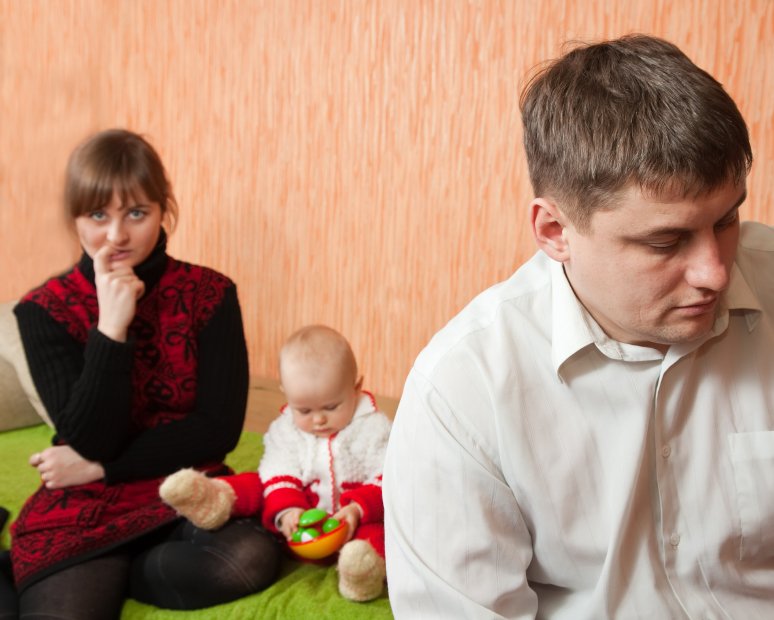June 17th, the day after Father’s Day, marks the third annual International Father’s Mental Health Day. It was found in June 2016 by Mark Williams (UK) and Dr Daniel Singley (USA). Since then, it has grown into a multi-national event, raising awareness about fathers’ mental health. The US team also includes Dr David Levine, a psychiatrist based in New York, who also has his own experience of living with postnatal mental health difficulties. This year, the international team is joined by Dr Bronwyn Leigh, Director of the Centre of Perinatal Psychology in Australia, adding to the global reach of this influential event. The UK team now also includes Dr Andrew Mayers (Principal Academic at Bournemouth University and perinatal mental health campaigner and educator).
Throughout the day, there will be a series of blogs, stories, press releases and resources shared by charities, support groups, health professionals, and families who have experienced the impact of poor mental health in fathers. The events will be shared across social media platforms in addition to radio broadcasts.
While the aim is to raise awareness, it is also important that these events contribute to real change. This year, the UK team can reflect on campaigning has made some very real differences to the support that fathers receive, at least in England.
Until recently, there was no official recognition in the UK that fathers need any support for their mental health. However, after years of campaigning by the likes of Mark and Andrew, this is beginning to change. In December 2018, the UK Government announced that fathers (whose wife or partner had been referred to perinatal mental health services) would now be screened to assess if they too need support. This change, led by NHS England, was influenced by evidence that fathers are more likely to need support for their own mental health if their wife and partner had experienced difficulties.
And that was just the beginning. In January 2019, NHS England launched the NHS Long-Term Plan. Within that, for the first time, proposals were included to support fathers’ mental health. Mark and Andrew have been appointed to an expert reference group to advise NHS England on what those services should look like. These advances have been influenced by campaigners and researchers across the UK, but the work of Mark and Andrew through campaigns such as International Father’s Mental Health Day has played a big part. They have both given talks at conferences and have appeared together on national and local radio.
Although the recent success is welcome, there still much to do. The latest International Father’s Mental Health Day will be a springboard for a new set of campaigns.
Mark said “The biggest killer in men under 50 is suicide and many fathers don’t get asked about their mental health during the antenatal and postnatal period. The day is to raise awareness and educate professionals and family members that dads struggle as well as mums during this time. Many men have a past history of anxiety, depression and trauma before becoming a parent and by supporting all parents it has a far better outcomes for everyone including the development of the child”
Dr Mayers said “The success we have seen in recent months is encouraging, but we cannot stop there. We need to see comprehensive changes across the UK, not just England. We also need to ensure that the changes that are made will make a real difference. We will hold governments and NHS providers to account to see that promises are kept.”
“We also need to reinforce that we are not looking at fathers in isolation, or at the expense of mothers. Both Mark and I will continue the work we have always done to look after mums too. This is about the entire family.”
You can read more about this work on Dr Mayers’ web page for fathers’ mental health http://www.andrewmayers.info/fathers-mental-health.html
Mark’s website can be found at http://www.reachingoutpmh.co.uk/
Dr Mayers (@DrAndyMayers) and Mark (@MarkWilliamsFMH) are very active on Twitter












